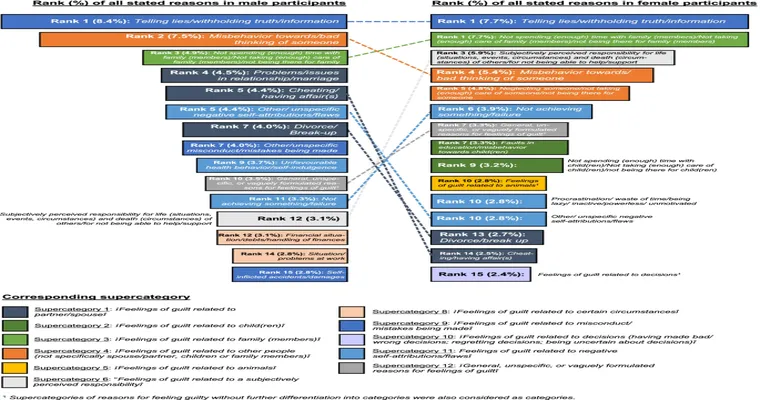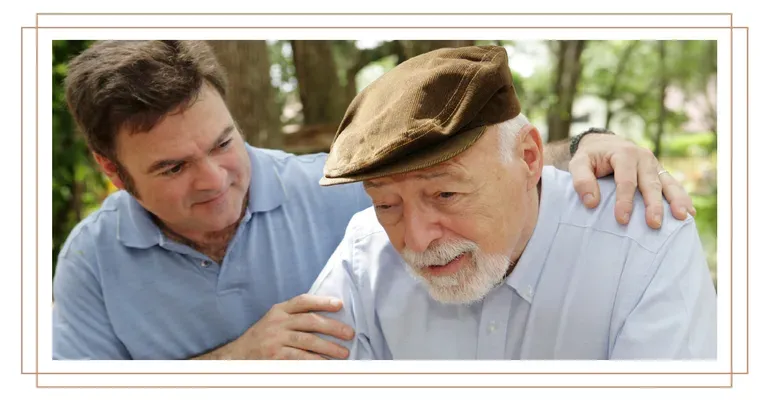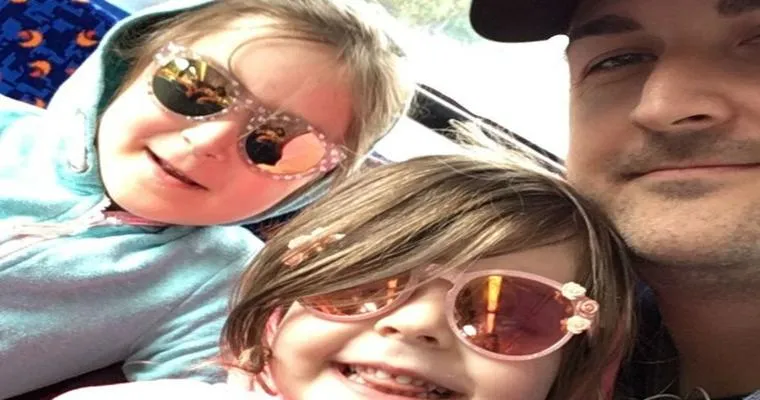Feelings of "guilt", "shame", and "regret" are universal emotions that everyone experiences at some point in their lives. These feelings can be triggered by a variety of situations, from minor social faux pas to significant life decisions. But what lies beneath these emotions? Why do we often find ourselves overwhelmed by guilt, and what are we truly afraid of?
Understanding the root causes of guilt is essential for addressing it effectively. Guilt often arises when we perceive that we have violated our own moral standards or societal expectations. This self-imposed pressure can lead to a cycle of negative thinking, where we constantly replay past mistakes in our minds. The fear of "judgment" from others and the concern about how our actions may have impacted those around us amplify these feelings.
One of the main reasons we fear guilt is its connection to our self-identity. Many people associate their worth with their actions, leading to a fear that feeling guilty makes them a bad person. This is a dangerous mindset, as it can lead to "anxiety" and even depression. It is crucial to separate our actions from our self-worth. Everyone makes mistakes, and experiencing guilt can be a powerful catalyst for personal growth and change.
Moreover, the fear of confronting our guilt can lead to avoidance behaviors. Instead of addressing the situation that caused our feelings of guilt, we might choose to distract ourselves or engage in denial. This avoidance only prolongs the emotional turmoil and can lead to more significant issues over time. By facing our guilt head-on, we can begin to understand its roots and work towards resolving the underlying issues.
Another layer of fear associated with guilt involves the potential consequences of our actions. This is particularly true in relationships, where the fear of hurting someone we care about can paralyze us. We may worry that acknowledging our guilt will lead to conflict or even the end of a relationship. However, honesty and open communication are often the best remedies for guilt. Sharing our feelings can lead to understanding, forgiveness, and healing.
In conclusion, feelings of guilt are complex and often intertwined with our fears of judgment, self-worth, and the potential consequences of our actions. By acknowledging and addressing these feelings, we can break free from the cycle of guilt and learn to use it as a tool for growth. Embracing vulnerability and seeking support from others can help us navigate these emotions, ultimately leading to a healthier relationship with ourselves and those around us. Understanding what we are truly afraid of can empower us to confront our guilt and move forward with greater confidence and self-acceptance.





